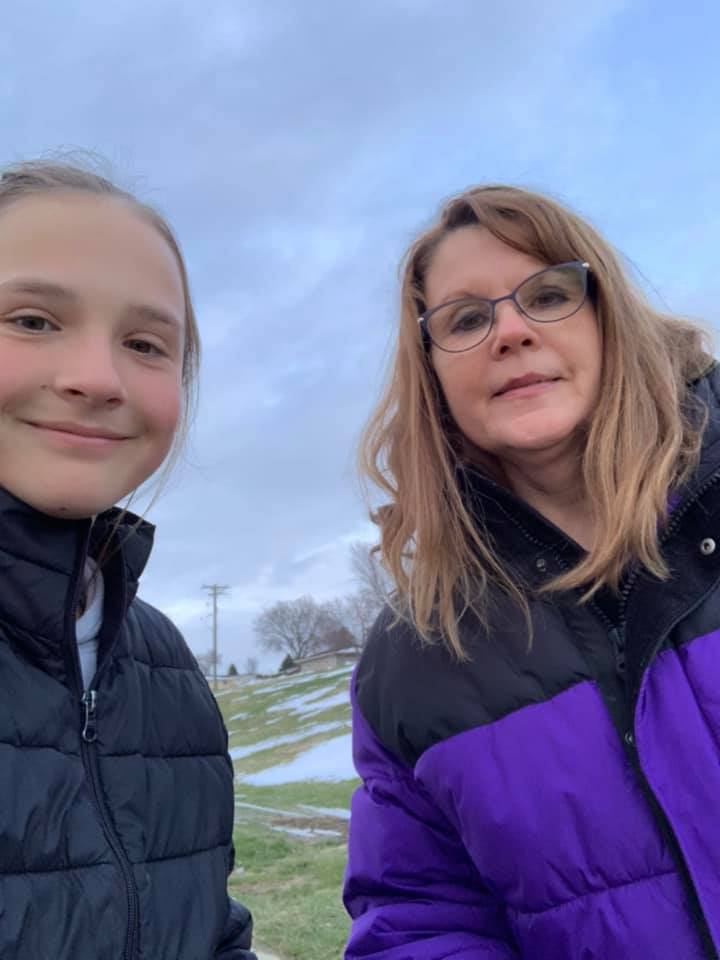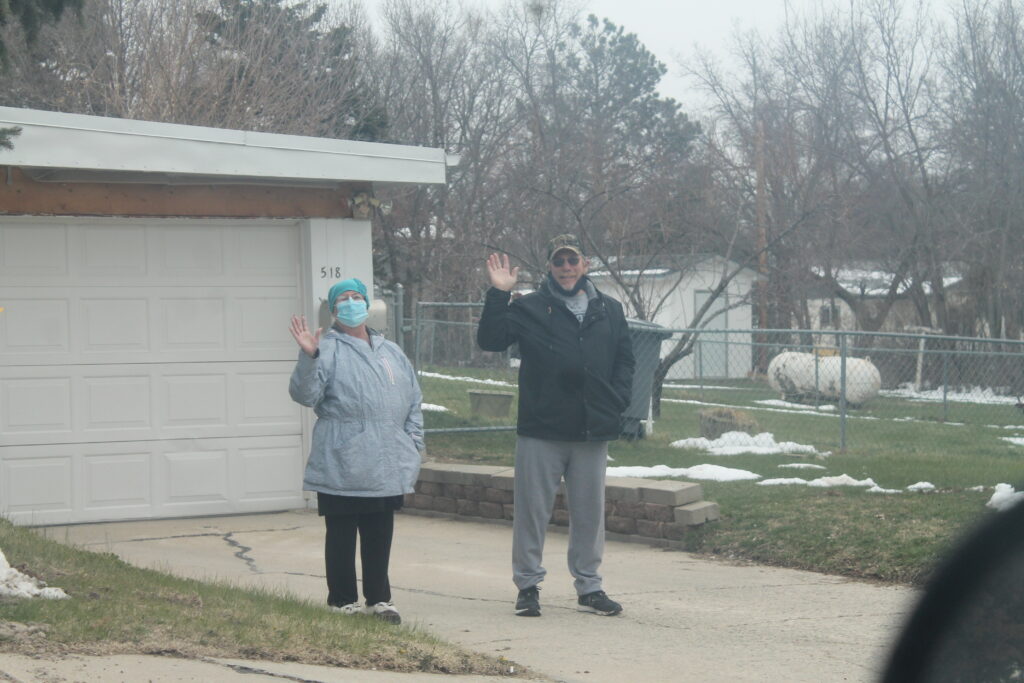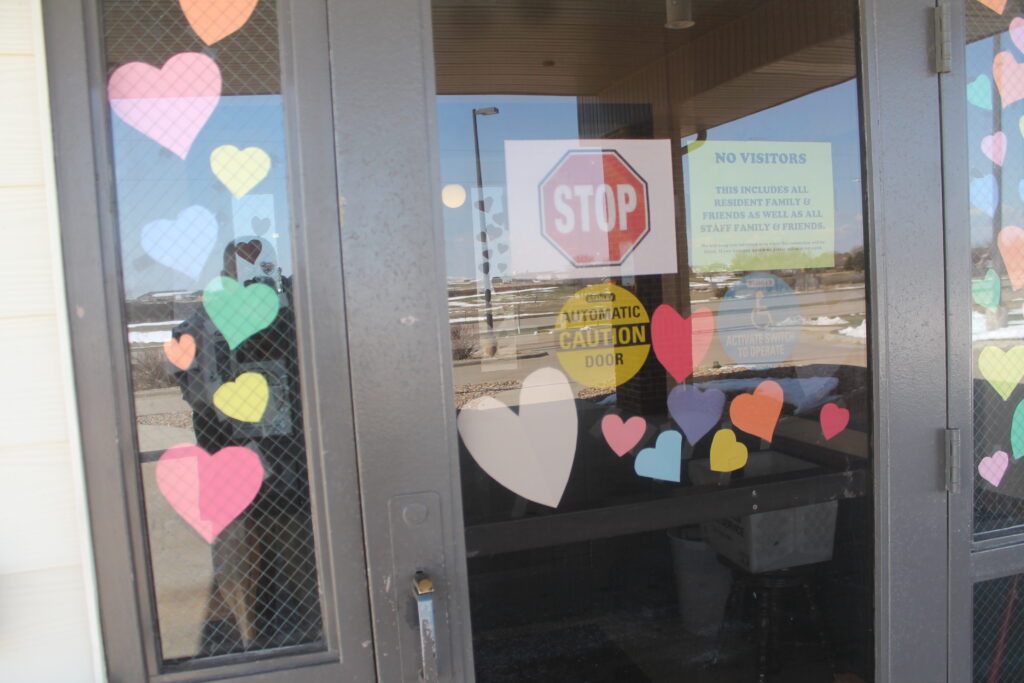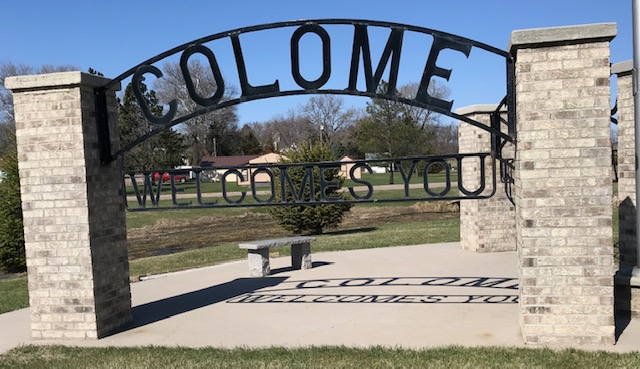By U.S. Sen Mike Rounds (R-SD)
We’re now in the end of April and COVID-19 is continuing to impact our daily lives. Around two thousand cases of COVID-19 have been confirmed in South Dakota, and social distancing continues throughout the state.
While we hope the end of this period of uncertainty is coming soon, Congress continues to pass legislation to address the crisis and provide much-needed relief.
Recently, Congress passed and President Trump signed into law a $480 billion dollar package that provides more funding for hospitals, nationwide testing, and the Paycheck Protection Program (PPP) so more small businesses can now participate.
The PPP is a loan program administered by the Small Business Administration (SBA) for businesses with 500 employees or fewer, as well as self-employed individuals. As of Friday, April 24, casinos with 500 or fewer employees are now eligible for PPP loans.
I’ve been urging the SBA to make sure tribally-owned casinos and gaming operations in Deadwood are able to receive financial assistance during these times, so I’m glad the administration has now modified their rules.
The PPP provides up to $10 million in loans to businesses to help cover payroll costs for employees, as well as pay for rent, interest on mortgages and utilities. Businesses who use PPP loans to keep employees on the payroll can have most of the loan forgiven.
The PPP was originally allocated $350 billion in the CARES Act, but that money ran out in less than two weeks. This is a sign that the program is working, and businesses are able to keep their staff on the payroll for the time being.
However, because of the high demand for the program, our recent legislation provided an additional $320 billion for the PPP so even more businesses can receive these partially-forgivable loans. The Small Business Administration estimates that more than 80 percent of our small businesses in South Dakota have utilized the PPP so far.
If you’re interested in participating in the program, your local lender will be able to assist you in applying for a loan.
The bill we passed also clarifies that agricultural enterprises are eligible for the SBA’s Economic Injury Disaster Loans (EIDL), a program that got a funding boost in our legislation.
These loans will provide up to $10,000 of economic grants to businesses hurting because of COVID-19. Our ag community has been struggling for years due to low commodity prices, ongoing trade negotiations and, now, the COVID-19 pandemic.
Additionally, the U.S. Department of Agriculture (USDA) is finalizing a proposal to provide a relief package to farmers and ranchers whose businesses have been impacted by COVID-19. As a vital component of our nation’s food supply chain, we must do everything we can to make sure they can continue to put food on the tables of America’s families.
The proposal isn’t final yet and needs to go through the official approval process in the federal government, but USDA’s goal is to begin taking applications in May and for farmers and ranchers to begin receiving their relief packages in June.
What we’ve learned about the proposal so far is that USDA will issue a single payment determined using two calculations: for price losses that occurred between January 1 and April 15, 2020, producers will be compensated for 85 percent of the price lost during that period.
The second part of the payment will help to cover 30 percent of expected losses from April 15 through the next two quarters. USDA’s proposal sets the payment limit at $125,000 per commodity with an overall limit of $250,000 per individual or entity.
We will continue reviewing the proposal to assess its impact on South Dakota’s farmers and ranchers. We’d also welcome input from the ag community in our state so we can share it with USDA.
We know businesses and families are struggling right now, and we hope that we’ll be able to safely reopen the country in the near future. In the meantime, we’re working to provide aid for those who need it during this crisis. Stay safe, and don’t hesitate to contact my office if there’s anything we can do to help.






